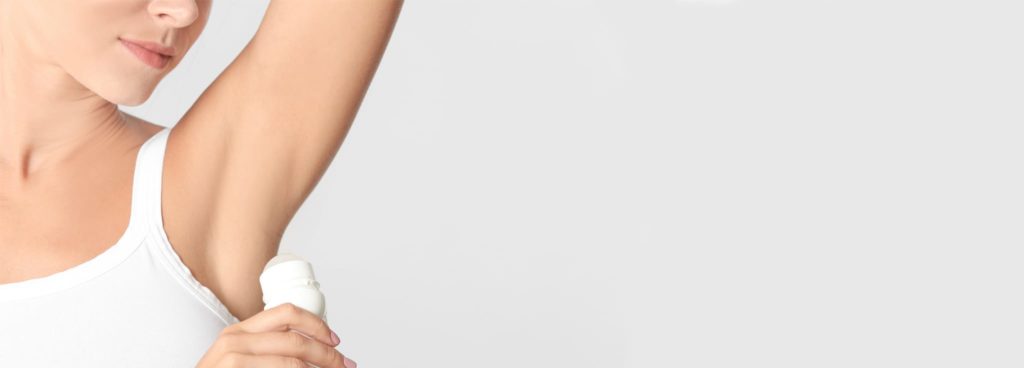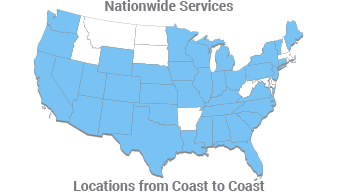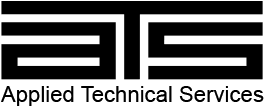- Home
- Services/IndustriesServicesindustries
- About Us
- LocationsStatesAccordion ContentAccordion ContentAccordion ContentAccordion Content
- Job Openings
- Quick Links
- ATS Family

1-4 Dioxane Testing
Applied Technical Services performs 1-4 Dioxane Testing on sample products to ensure Prop 65 Compliance.
1-4 Dioxane is a chemical that has a variety of uses in many industries: it can be used as a solvent, it occurs as a byproduct of certain materials like antifreeze and paint strippers as well as consumer products like deodorants and cosmetics, and it is used in the manufacture of certain pharmaceuticals. The California Office of Environmental Health Hazard Assessment (OEHHA) suspects 1,4-Dioxane to cause cancer in humans and thus regulates it through Proposition 65.
About Proposition 65
Occasionally referred to by its official designation (the Safe Drinking Water and Toxic Enforcement Act of 1986), Prop 65 enacts multiple laws to promote consumer safety.
Firstly, it maintains a list of chemicals that cause reproductive toxicity or cancer, which is updated yearly to reflect newly available information. Secondly, it prohibits the dumping of these hazardous materials into any state sources of drinking water. Thirdly, Prop 65 charges businesses with providing “clear and reasonable” warning to those potentially affected if their workplace or product would expose employees or consumers to any of the listed chemicals.
Functions of The List
The Prop 65 list, maintained by OEHHA, provides a comprehensive summary of the State’s knowledge on each of the regulated chemicals. This includes when the chemical was listed and whether it was listed as a reproductive toxicant or a carcinogen. Furthermore, it covers the relevant safe harbor level (SHL), which is the exposure at which the chemical is deemed to have a negative effect on humans.
1-4 Dioxane Testing Characteristics
1-4 Dioxane, for instance, has been listed as a carcinogen by Prop 65 since it went into effect in 1988 and was given a safe harbor limit (expressed as a No Significant Risk Level (NSRL)) of 30 micrograms per day. Any product that could expose a consumer to a dose of 1-4 Dioxane greater than this value must be labeled with an appropriate warning for it to comply with Prop 65.
The Need for Analysis
Many businesses find that the best way to ascertain whether they need to label their product for harmful chemicals like 1-4 Dioxane is to send a sample to a third-party testing lab like Applied Technical Services. We perform 1,4-Dioxane testing to determine Prop 65 compliance in tandem with a toxicologist.
The method that ATS uses to perform 1-4 Dioxane testing is called Gas-Chromatography / Mass-Spectroscopy (GC-MS). This test can detect compounds of interest in the sample’s chemical makeup and measure them at a parts-per-million (ppm) detection limit. Together with a toxicologist, ATS can determine whether your product needs to be labeled according to Prop 65.
ATS and Prop 65 Compliance
ATS has provided testing, inspection, and engineering consulting services of peerless quality for over 50 years. We proudly serve clients from around the globe that participate in many different industries. Our chemists return accurate results quickly because of their extensive experience in performing GC-MS analysis. Whether you need 1-4 Dioxane testing or another type of Prop 65 compliance testing, contact ATS today — we take a closer look.
ATS partners with manufacturers/importers, legal professionals, toxicologists, and consumer advocacy groups to ensure Proposition 65 compliance.

Request Form
"*" indicates required fields
